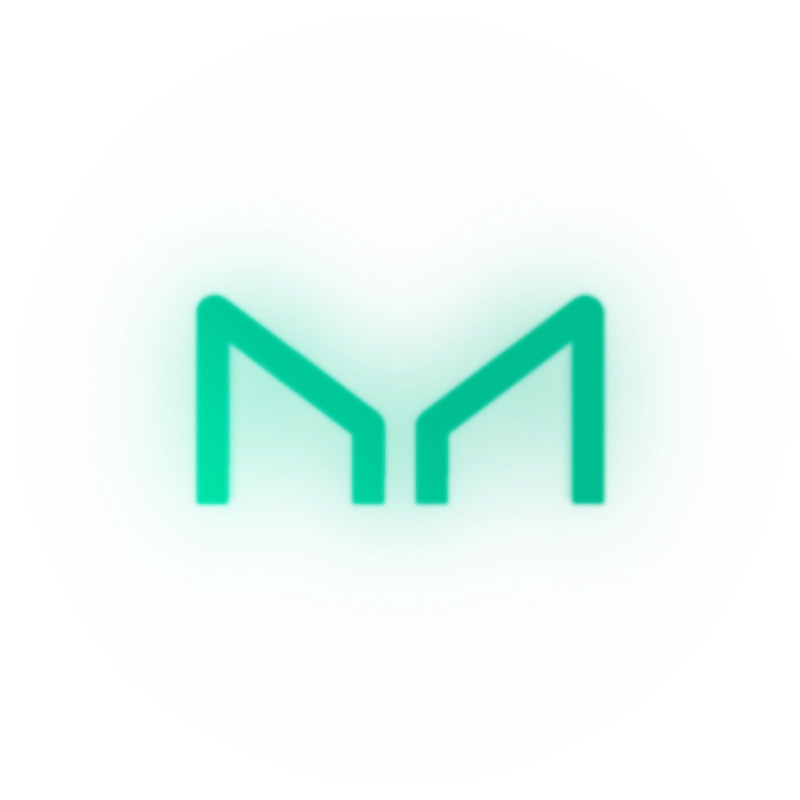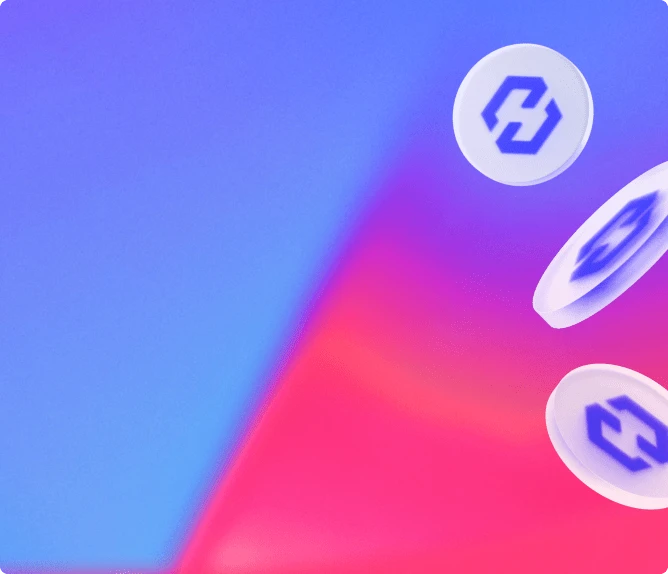Investing in crypto-assets carries risks of liquidity, volatility, and partial or total capital loss. Crypto-assets held are not covered by deposit and securities guarantee mechanisms.


Sign up for our newsletter
Partners
Coinhouse
Our accounts
Coinhouse
Coinhouse SAS with a capital of €210,000, RCS Paris 815 254 545, headquarters: 14 Avenue de l'Opéra 75001 Paris – support@coinhouse.com. Registered with the AMF for activities related to the purchase/sale of digital assets against legal tender, the exchange of digital assets for other digital assets, and the custody of digital assets for third parties under the registration number: E2020-001.
Coinhouse payment solutions
Company registered with the Paris RCS under the number 914 384 557, registered with the Prudential Control and Resolution Authority as a payment service agent under the number 727503 of the electronic money institution Treezor, headquartered at 33 Avenue de Wagram, 75017 Paris.
General conditions, disclaimers and legal documents.



Maker (MKR) is a decentralized cryptocurrency associated with the MakerDAO platform, a decentralized finance protocol (DeFi) on the Ethereum blockchain.
MakerDAO enables the creation and management of the Dai stablecoin (DAI), whose value is indexed to the US dollar.
The MKR token plays a key role in the protocol’s governance, enabling its holders to vote on crucial decisions, such as adjusting interest rates or adding new collateral assets.
Thanks to its innovative mechanism, Maker contributes to the financial stability of the DeFi ecosystem, while offering investment opportunities. Buying MKR tokens in total security
MakerDAO was founded in 2014 by Rune Christensen, a visionary Danish entrepreneur in the field of decentralized finance (DeFi).
The project was designed to create a transparent financial system without intermediaries, based on the Ethereum blockchain.
In 2017, MakerDAO launched the Dai stablecoin (DAI), which quickly became a central pillar of the DeFi ecosystem.
The MakerDAO team is made up of developers, engineers and finance experts, who collaborate to maintain and improve the protocol.
Their goal is to continue innovating in stablecoin management and strengthen decentralized governance through the MKR token.
At the end of 2017, MakerDAO proposed an alternative solution that does not rely on the physical world or a central authority: a system analogous to pawning an object in exchange for a loan.
And just as with pledging a physical object, the entity that receives the pledged object has the option of reselling it if the borrower fails to repay.
In the case of MakerDAO, the object being pledged is a cryptoasset, and the loan is expressed in a cryptocurrency created for the occasion and whose price does not fluctuate, the DAI.
The entity that holds the pledged cryptoasset is a smart-contract called a Collateralized Debt Position or CDP, which only the creditor can unlock.
The MakerDAO system makes it possible to obtain loans without the need for a trusted third party, without the need to set up a file, at a particularly attractive interest rate and with repayment terms left to the borrower’s discretion, all with a complete guarantee of security since they are managed through smart-contracts.
The value of the DAI stablecoin, if it is to be considered constant, must be guaranteed by the fact that the collateral is always worth at least the amount equivalent to what was borrowed.
For the time being, only ETH can be used as collateral, although the system plans to add new cryptoactives soon.
Ether is available to buy and sell on our platform.
As the value of ETH is inherently fluctuating, if the Ethereum price rises, the value pledged increases proportionally, so there’s no problem.
On the other hand, if the Ethereum price were to fall, it would be possible for the value of the collateral to fall below the amount of the loan.
The borrower would then have no interest in repaying the loan, and the system would collapse.
This is why a safety mechanism is put in place when the loan is created: the collateralization of the loan can never fall below 150%.
If the Ethereum price ever falls sufficiently for collateralization to reach 150%, a liquidation process is activated, and anyone is given the opportunity to repay the debt in place of the borrower to balance the situation.
These players don’t do it out of the goodness of their hearts, but out of the lure of profit: whoever liquidates the loan earns 13% of the amount of the debt, deducted from the borrower’s funds.
In all cases, the borrower must consider the degree of risk he is taking by choosing the value of his deposit compared to his loan, which he can control through the speed and regularity of his repayments.
Each DAI loan has an interest rate of 1% (8% since summer 2023!!!) which, when repaid, triggers the purchase and destruction of an equivalent amount in MKR, a second token in the MakerDAO system, whose value fluctuates according to supply and demand.
By destroying a quantity of MKR with each loan repayment made in the system, the value of each remaining MKR token tends to increase mechanically.
Each MKR token is, in a way, a share in the MakerDAO system in the financial sense.
The more the system is used, the more the value of the MKR token should increase, as it becomes progressively scarcer.
The MKR token can also be used to vote on the evolution of the system, in proportion to the number of tokens held by each holder.
For example, a recent vote increased the interest rate on loans from 0.5% to 1% (and as indicated above 8% from summer 2023).
The duality between the DAI, a token stable in value, and the MKR, a governance token with speculative capacity, ensures the stability of the system.
MKR holders benefit directly from the use of the DAI, and the DAI’s operation is managed by the holders, who protect the system in the event of a market crisis.
The MKR is thus the MakerDAO system’s last line of defense: in the event of a serious crisis and a sharp, prolonged fall in the ETH share price, MKRs are automatically generated to repay debts and destroy DAIs that no longer have sufficient collateral.
This emergency shutdown would have the effect of diluting MKR’s valuation, but so far has never had to be used.
The MakerDAO system has several other complex safety mechanisms to guarantee collateralization and prevent this from happening.
Aside from the classic CDP liquidation that takes place every day, none of these mechanisms has ever had to be implemented, even in a prolonged market downturn.
From a financial point of view, owning DAI means “making available” one’s risk in exchange for stability, letting all profit opportunities slip away in order to protect oneself from the possibility of losses.
In this system, speculators are at the service of stability, assuming the risks but collecting the potential profits.
MKR (Maker) tokens play a central role in the MakerDAO ecosystem.
They are primarily used for protocol governance, which means that MKR holders can vote on proposals that affect the direction and operation of the protocol, such as changes to system parameters or the addition of new features.
MKR tokens are also used to absorb potential system losses.
In the event of under-collateralization of the assets guaranteeing the Dai, MKR tokens are issued and sold to cover the debt, thus maintaining system stability.
Maker (MKR) is a solid crypto-currency in the DeFi ecosystem, playing a key role in the governance of the MakerDAO protocol, which enables the creation of decentralized stablecoins like DAI.
Its usefulness as a governance token, combined with DAI’s stability, makes it an attractive asset for long-term investors interested in decentralized finance.
However, as with any investment in crypto-currencies, it’s important to consider market volatility and assess risk before investing.
Share the article

